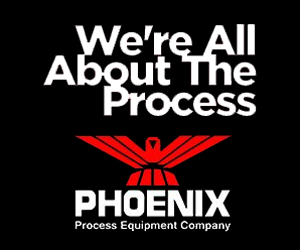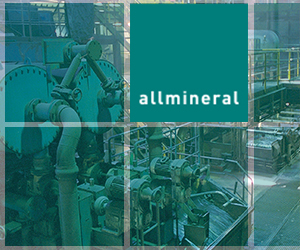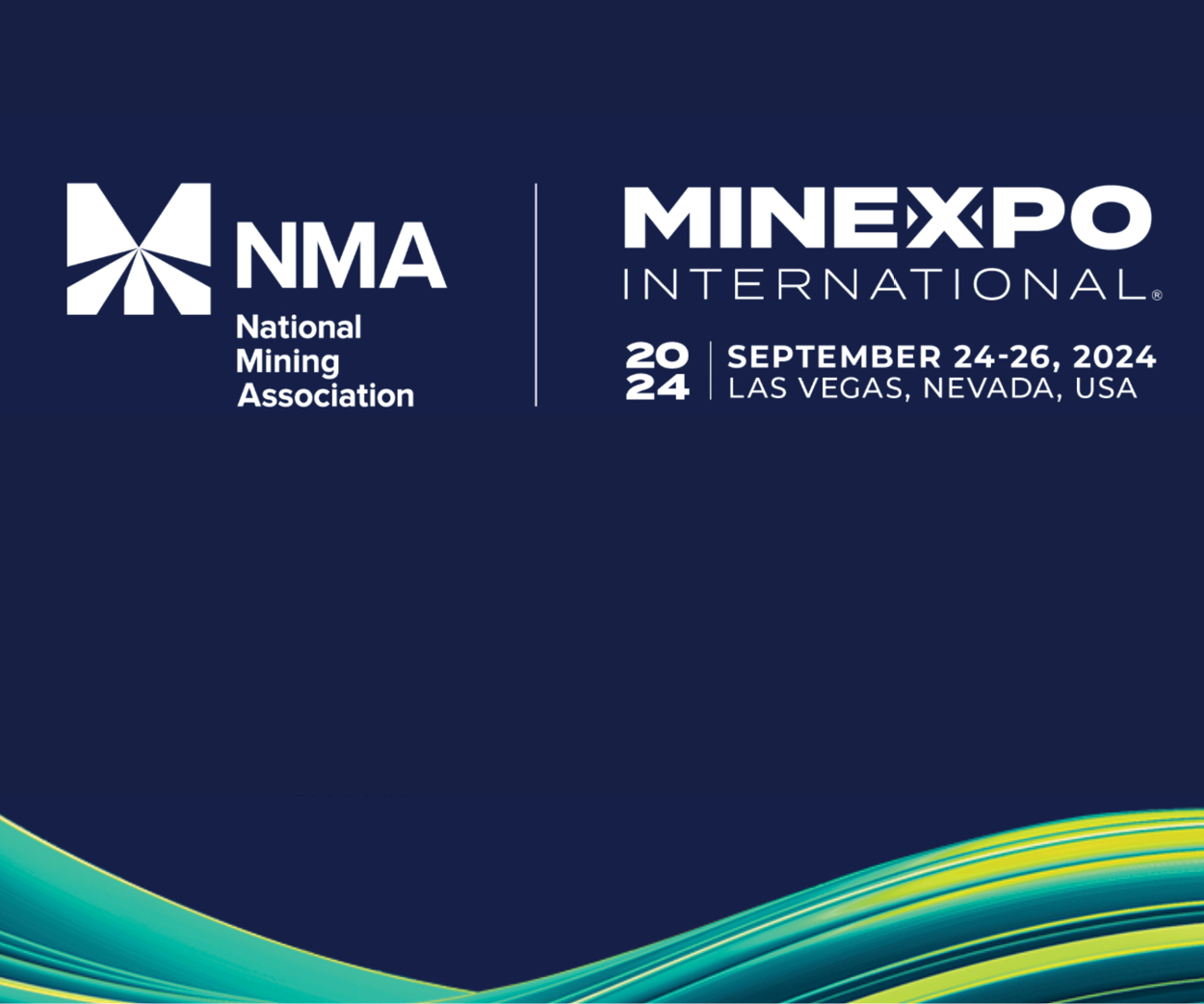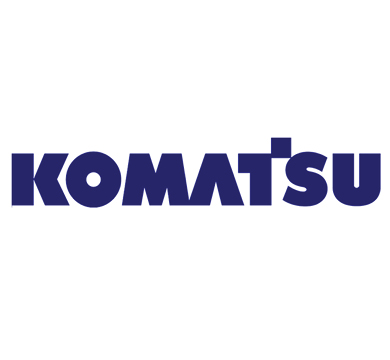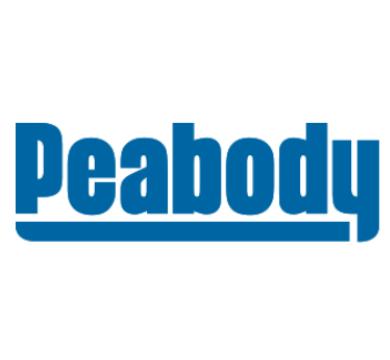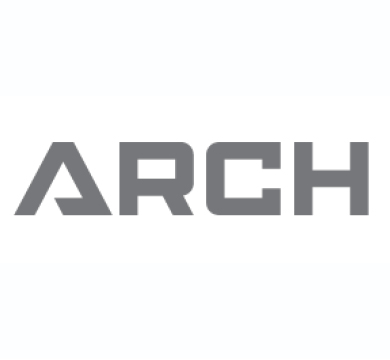Mining for Careers: Dr. Sam Spearing Talks Education and Workforce

Dr. Sam Spearing holds a carbine lamp, among other treasures from his lengthy career in mining. (Photo: Elko Daily Free Press)
[Click image to enlarge]
On a shelf in a tall bookcase in Dr. Sam Spearing’s office are memories of a decades-long career in mining around the world.
Spearing, the executive director of workforce development and the Mining Center of Excellence at Great Basin College (GBC), has displayed various objects that hearken back to “the good old days of mining.”
“This is an old carbide lamp,” Spearing said, picking it up from the shelf. “They would use this as a light instead of a candle. This was the phase after candles and you would use this open flame and carry it around. This is from 1920 or 1930, I would guess.”
Mining is one field Spearing encourages students to explore — whether it is as a machinist, geologist, or metallurgist — at the University of Nevada, Reno’s Mackay School of Mines.
He pointed to GBC’s one-year Associate’s Career and Technical Education program as a way for students to learn a skill and start their pathway to a career or a higher degree.
“I think it’s a wonderful career because where else can you basically learn a skill in a year and end up earning a huge salary that’s never going to be replaced. The only program that we’ve got that is two years is instrumentation,” Spearing said.
The trades can also can translate into other fields such as agriculture. “Everything is instrumentation, from dairy to farming. Everybody needs it. It’s an exciting career opportunity, I think, for any young people.”
“It’s a great career choice for anybody, and you can go anywhere. You can’t replace trades. People with a trade can work in any industry because everything is using motors, conveyor belts, drives — all those kinds of things that are not unique to mining or whatever,” Spearing said.
“It’s a super career base and I don’t know any other job in any field where you can study for a year and go out and earn really good money and have yourself a wonderful career,” Spearing added.
According to the Bureau of Labor Statistics 2022 report, mining, geological, and safety engineers for metal ore mining in Nevada have an estimated salary of $97,250. Employees who work in excavating and loading machine and dragline operators for surface mining earn $59,050. Underground operators earn $68,850, and continuous machine operators have a salary of $59,420.
Spearing acknowledges that some students who may graduate with a certificate or degree in one trade may decide to study another trade, or advance their education right on through to UNR and earn a bachelor’s, master’s or PhD in a mining-based subject.
“We’re trying to have a pathway so that there’s no roadblocks. You can go from a dual-credit program into a trade seamlessly,” Spearing said.
At GBC, students on the MTC Scholarship are hired by a mining company and receive $5,000 on their tuition. Spearing said it’s a “great opportunity” for a student to essentially be paid for going to school and “move into a job straight away, which is quite appealing.”
“They get guaranteed internship, and while they’re studying, the company is looking at the student. The student is looking at the company and the company’s culture,” Spearing said.
A dual-credit high school program began this year with a few Elko and Spring Creek high school 11th graders. It’s a two-year program that starts with 17 credits. It can expand to more credits depending on Mackay’s curriculum, Spearing said.
A machinists program also started this year for juniors at Beatty High School, which is about 75 miles north of the GBC Pahrump Center.
“The dual-credit program involves giving them all the support they need because these are not first-year college or university students. We need to put in extra effort to make sure they succeed,” Spearing said.
Spearing said the program would expand into the rest of the state next year. It also serves as an introduction to the mining field and works hand-in-hand with STEM-related classes.
“At least they have an idea of what the mining industry does and what it can offer. It is focused on the mining industry, but not exclusively,” Spearing said.
“By doing STEM, they’ve offered themselves much more opportunities for different places to study. It’s not pushing STEM at the expense of arts, but at the expense of learning,” Spearing added.
Mining has also advanced into technology. Today, computers are a vital component of mining, despite what many people might envision at first, he explained.
“It’s a very different industry even from 20 years ago. There’s so much automation, real-time monitoring, robotics, and all these advantages. The mining industry is the best suited for it because we’re developing in nature,” Spearing said.
“Mining is a very different animal and becoming even more and more different,” Spearing added.
Those interested in various levels of engineering — environmental, computer, mechanical, civil — can find a place in mining.
“It‘s got a lot of opportunity, it depends on what you’re interested in. In mining, you’ve got a myriad of different activities that, in a way are competing with each other. The geologists, the surveyors, the production crews, the short-term and long-term planners,” Spearing said.
“The routine jobs — accounting, purchasing, human resources, and government relations — all of those are essential as well. It’s not the technical side of things,” Spearing added.
Despite the educational opportunities, there are still some challenges in acquiring a strong workforce in the mining industry, even in a state that is ranked the fourth largest producer of gold in the world and has about 75 percent of annual U.S. gold production, according to the Nevada Mining Association.
“It’s getting enough people. The biggest problem is getting the best and the brightest into the industry because of the perception of what mining is all about. They still believe that it’s dark, dirty and dangerous,” Spearing said, a challenge that goes hand-in-hand with affordable housing.
One way to break misconceptions is to show people what mines are like today and how the minerals taken from the ground are used in multiple consumer products such as electronics, paper products and makeup. Another is to show how mining companies are looking at environmental sustainability and replenishment of the land.
“We’ve got to do it responsibly and with the community. You can’t open a mine now unless you’ve got a plan to close it and you’ve got the bond with the money to do that,” Spearing said.
Spearing said mining isn’t the only industry to dig deep and cultivate a workforce out of low unemployment.
“We’re short in health sciences and prison services. I mean no one seems to have enough people, so it is that competition for very few people looking for work,” Spearing said.
When asked what could be keeping prospective employees from seeking occupations in mining and other fields, Spearing pointed to the pandemic and the Covid-19 virus itself “that did a lot of damage to people and their work aspirations.”
“I think we’ve got to make a better job of selling our industry. Nothing’s perfect, but I do believe the mining industry offers incredibly good careers,” Spearing said.
Despite the lucrative salaries, Spearing said he hoped “people understand that it’s a vocation and it’s a means to an end. It’s so you can enjoy your family life, provide for them so we can get an increased standard of living. Because that’s what anybody in any place in the world wants, it’s a better life for their children and for themselves.”
After spending a semester at GBC, he saw the Class of 2023 heading into the local workforce gaining in confidence after a year of studies in their trade. “It’s a lifelong lesson in its own right, never mind the piece of paper. ‘At least I’ve got that foundation and now I can build on it.’”
The CTE program has about 280 to 300 students currently, Spearing said. “I’d like to have more students, but at the moment a lot of students don’t seem to look at it as being a good career. It really is.”
Skilled occupations cannot be replaced by Artificial Intelligence, Spearing adds. “You can’t put AI into an electrical position or anything like repairing a conveyer belt. Yes it can help troubleshoot, but there’s got to be a human at the end of the line that’s interpreting that thing. You can’t be replaced.”
Before arriving at GBC in January, Spearing served as a director in mining schools around the world. Notably, he was at Kalgoorlie Regional University in Western Australia, an area that has a 130-year history of mining. That university is considered the largest mining school in the world with more than 2,000 students enrolled in mining-related disciplines.
Spearing was born in Zimbabwe, then moved to Rhodesia and later Johannesburg, South Africa to study mining. His first year in college was the year the Soweto uprising began that led to the overthrow of apartheid.
“I lived in countries for the first 40 years that were in civil war,” Spearing said. His time in South Africa “was a very, very unstable time.”
After he graduated with a mining and civil engineering degree from the University of Witwatersrand, he worked on projects for mining companies that he used for post-graduate studies while working full-time. They also paid for his education.
“That’s one of the nicest ways of continuing your education. All mines, all industries have got problems. Why not use it as a solution and get a post-graduate degree?,” Spearing said.
He received his PhD from the Technical University of Silesia in Poland.
Spearing’s job took him from South Africa to Switzerland to the United States. He later moved to Australia to run the Western Australia School of Mines for four years. “It was very rewarding.”
After that he taught some classes in China for three years before relocating back to the United States and that brought him and his wife closer to their grandchildren.
Fifteen years ago he moved into higher education. The students he meets are new to the industry “who haven’t had bad job experiences, haven’t worked for difficult people. They’ve got ideas and are full excitement. They’re wanting to learn.”
Now settled in Elko, Spearing’s career is told in a portion of his extensive mining collection in his office.
“I had some really nice opportunities to visit different mines and different operations. Some very big, some very small. It’s been fun,” Spearing said.
“It’s a super career base and I don’t know any other job in any field where you can study for a year and go out and earn really good money and have yourself a wonderful career,” Spearing added.
Source: Elko Daily Free Press












